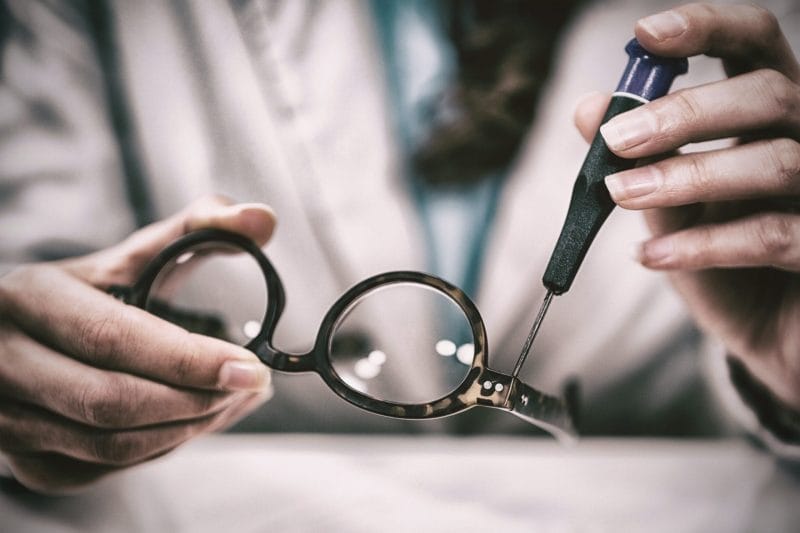
Optometry Open hours
Monday
8:30am – 5pm
Tuesday
8:30am – 5pm
Wednesday
8:30am – 5pm
Thursday
8am – 5pm
Friday
8:30am – 5pm
Saturday
Closed
SUnday
Closed
Serving Camrose
4849 49 St Camrose
780-672-3361
780-678-0426
Cataracts are a clouding of the crystalline lens that can impact vision by making it appear as though you are looking through fog or a frosted window. Cataracts often develop gradually and do not require surgery until the later stages when vision impairment begins to limit you from participating in daily activities such as reading or driving. When you develop cataracts, Drs. Cloarec or Hebert will discuss your options with you and will continue to monitor your cataracts, potentially referring you for cataract surgery.
Discussion. When you’ve been diagnosed with cataracts, it is important that your optometrist knows everything about your past eye health and any hereditary eye conditions in your family. Your optometrist will attempt to gather information about your eye health history and may ask you about any eye surgeries, previous diagnoses, or any radiation therapy to your head or neck. They will ask about any symptoms you’ve been experiencing as well as how long you’ve had those symptoms and if they are consistent or occasional. This, along with an eye exam, will help determine the severity of the cataracts and how you should proceed with cataract management.
Eye Exams. While eye exams are always important for your ocular health, they are especially important after you’ve received a diagnosis of cataracts. Since vision will progressively decline with cataracts, regular eye exams help to determine the rate of change within the affected lens as well as any changes in your prescription. The optometrist will perform a visual acuity test to determine your prescription, and they will also administer a tonometry test to check the pressure within your eye and a slit-lamp exam to see inside the eye for closer inspection. These exams are performed to check the overall health of your eye and ensure that other eye diseases, such as glaucoma, are not present.
Your Optometrist Will Refer You To An Ophthalmologist. Once your optometrist has determined the severity of your cataracts and what steps should be taken to mitigate or reduce symptoms, you may be referred to an ophthalmologist for cataract surgery. Cataract surgery is not always required and it will be recommended if your cataracts are severe enough to limit your daily life or if they are interfering with the optometrist’s ability to monitor other eye conditions. If your cataracts are mild, waiting for surgery will not harm your eye and if it is impacting your vision you may require a new prescription instead of surgery.

